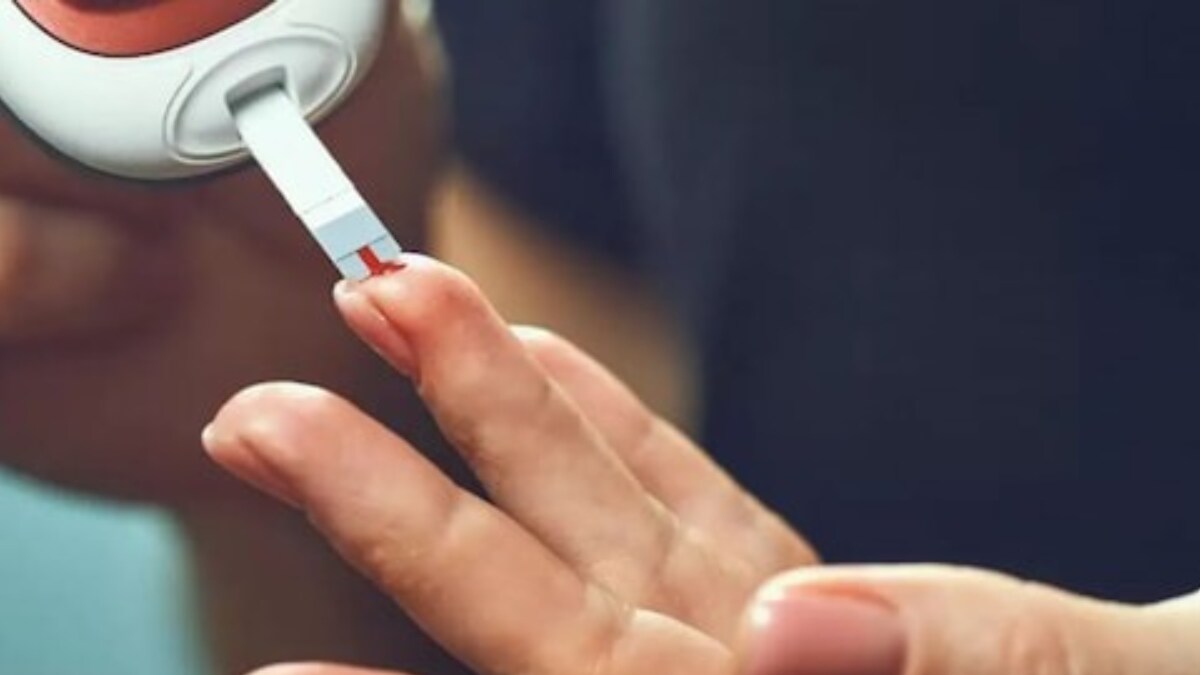Diabetes Can Increase The Risk Of Liver Diseases: Study

Obesity can increase your blood sugar levels.
If your blood sugar level is high for a long time, it can damage your internal organs, including your liver.
Did you know that type-2 diabetes can increase the risk of liver disease? Research is revealing the overlooked connection between the liver and diabetes. The liver is the largest organ in the body and is responsible for filtering blood to remove wastes, produce bile, help boost the immunity system and balance sugar levels. If your blood sugar level is high for a long time, it can damage your internal organs, including your liver. The reverse is also true. If you have Non-Alcoholic Fatty Liver Disease (NAFLD) and Non-Alcoholic Steatohepatitis (NASH), it can increase your chances of pre-diabetes or type-2 diabetes. The accumulation of fat in the liver or an increase in weight can definitely increase your blood sugar levels in the body. As per the Centers for Disease Control and Prevention, researchers have observed a hike in cases of people with type-2 diabetes and liver disease. In fact, 70 percent of people with type-2 diabetes may have NAFLD.
As per a recent study, 10 crore people in India suffer from diabetes and 13 crore are pre-diabetic. The study also found that obese or overweight people are more likely to suffer from fatty liver disease, while normal-weight people have a 25 percent chance of liver damage. Yet another study found that diabetes affects the liver, eyes, kidneys and heart. The study also found that 75 percent of overweight diabetics have fatty liver, while 25 percent have liver failure and 5 percent have liver cancer.
NAFLD can lead to high cholesterol levels and high blood pressure. It can also increase the risk of swelling, scarring, cirrhosis, risk of liver cancer, heart disease and kidney disease.
These conditions include high cholesterol and high blood pressure. If fatty liver and diabetes are not managed well, it can further create problems for your liver.
The best ways to prevent fatty liver disease include the following:
Work with your doctor to better manage your blood sugar levels.
If you are overweight or obese, start by losing 5 percent of your body weight, and then 10 percent. This will get rid of the extra fat in the liver and show an improvement in blood sugar levels.
Incorporate healthy eating habits. Limit your carbs and sweets intake to keep your diabetes in check. Also, prevent oily food and try to consume proteins, especially plant-based proteins.
Exercise daily to keep yourself fit. By working out every day, you may be able to reduce your weight, which can improve blood sugar levels and also help with NAFLD. Opt for 150 minutes of workout per week and you may notice results.
Limit or avoid your alcohol intake to reduce the stress on your liver. Alcohol intake will harm your liver and affect blood sugar levels.

Atul Tiwari is a seasoned journalist at Mumbai Times, specializing in city news, culture, and human-interest stories. With a knack for uncovering compelling narratives, Atul brings Mumbai’s vibrant spirit to life through his writing.





